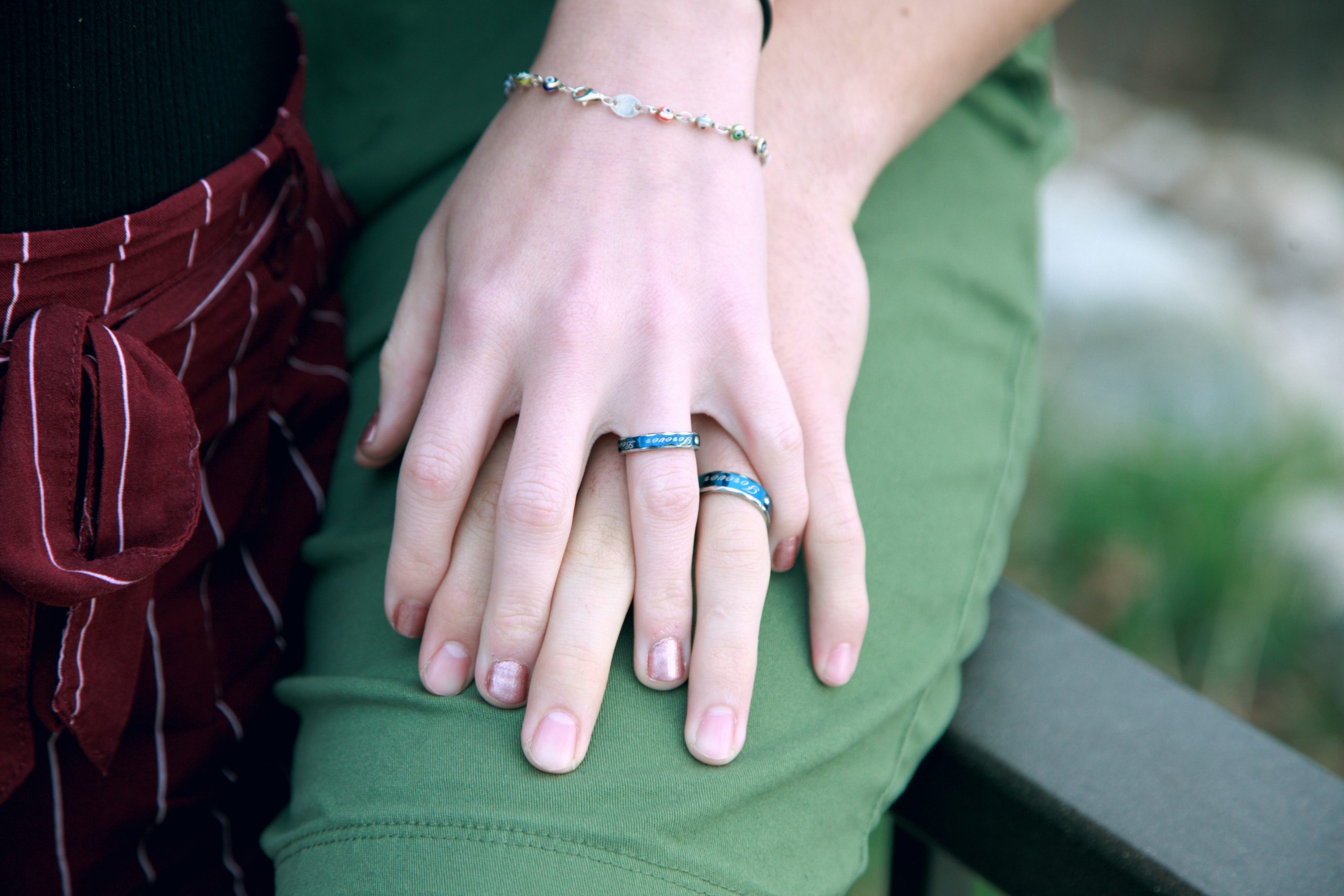by Naomi Magnus, Existential Psychotherapist
Relationship psychotherapy, is a specialised form of therapy that focuses on improving the dynamics and communication within a relationship. It aims to help people navigate challenges, resolve conflicts, and strengthen their bond. Relationship therapy can support people in any form of relationship, whether romantic, family, friends, business colleagues – sometimes all relationships need some facilitation and guidance to get back on track,
In relationship psychotherapy, a trained therapist works with you to explore the underlying issues that may be causing distress or dissatisfaction in the relationship. The therapist provides a safe and non-judgmental space for open and honest communication, allowing each person to express their thoughts, feelings, and concerns.
The therapy process typically involves identifying and addressing patterns of interaction that may be contributing to relationship difficulties, alongside underlying trauma and experiences that may be driving clients behaviours in the relationship. The therapist helps couples develop effective communication skills, teaching them how to express their needs and listen to each other with empathy and understanding.
Another key goal of relationship psychotherapy is to enhance emotional connection and intimacy. The therapist helps partners develop a deeper understanding of each other’s needs, desires, and values, fostering empathy and compassion. Through this process, couples can rebuild trust, strengthen their emotional bond, and cultivate a more satisfying and fulfilling relationship.
Relationship psychotherapy can also be beneficial for couples facing specific challenges such as infidelity, sexual difficulties, fertility issues and parenting conflicts. The therapist provides guidance and support in navigating these issues, helping couples find constructive ways to address and resolve them.
It is important to note that relationship psychotherapy is not a quick fix or a guarantee of saving a troubled relationship. It requires commitment, effort, and active participation from both partners. The therapist acts as a facilitator, providing guidance and tools, but ultimately, it is up to the couple to implement the strategies and make the necessary changes.
Overall, relationship psychotherapy offers a valuable opportunity for couples to work through their challenges, improve their communication, and build a stronger foundation for a healthy and fulfilling relationship. By addressing underlying issues and developing effective coping strategies, couples can create a more harmonious and satisfying partnership.
picture by Alexander Grey





